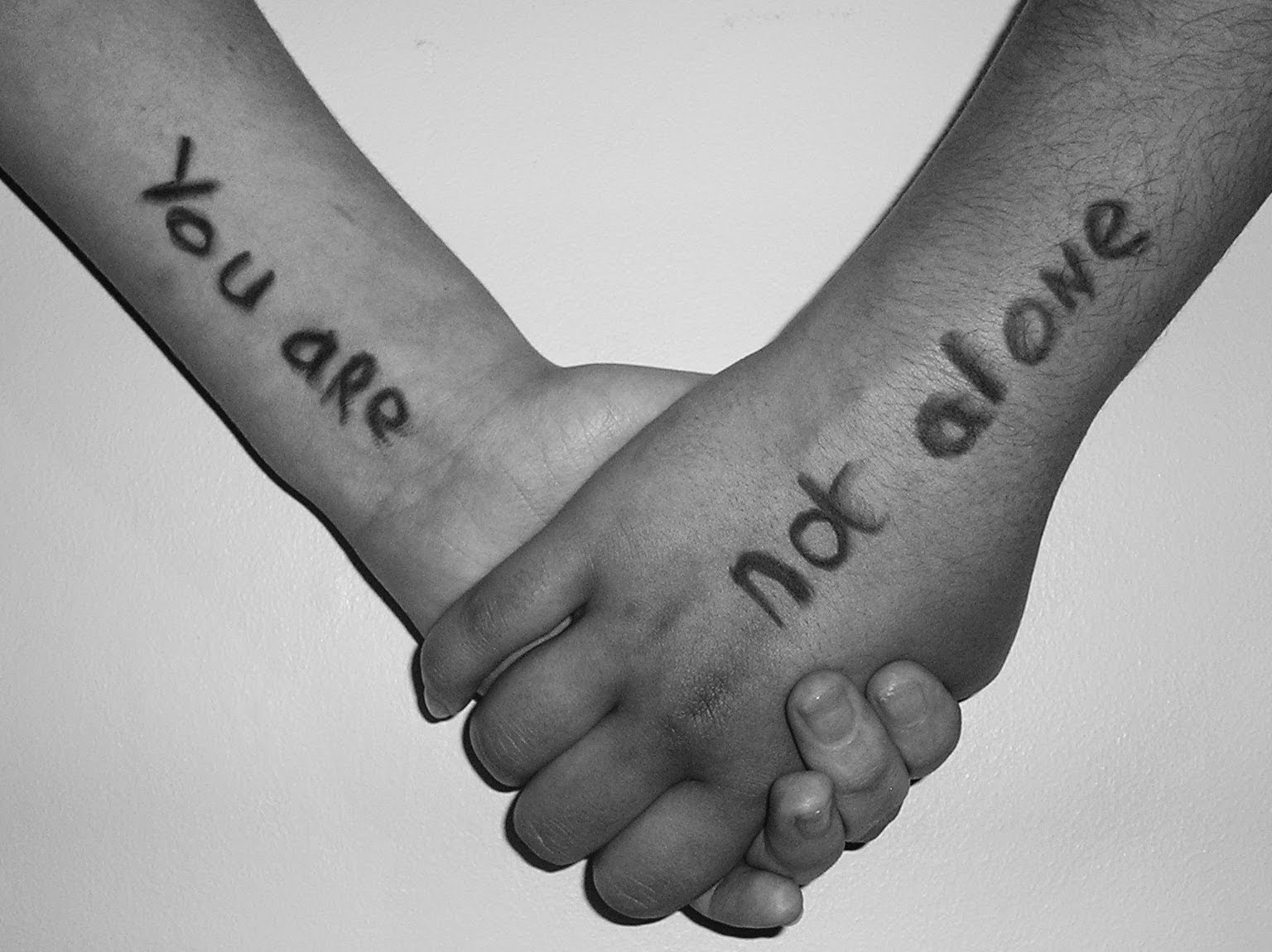
Self-Care
Self-Care is the intentional practice of nurturing your physical, emotional, mental, and spiritual well-being. For survivors of abuse, especially those recovering from intimate partner violence, self-care is not selfish or indulgent; it is a vital act of healing and restoration.
What Self-Care Means
Self-care involves creating time and space to care for yourself in ways that promote safety, healing, and peace. It may include:
- Physical care: Getting enough rest, eating nourishing foods, exercising, or seeking medical attention when needed.
- Emotional care: Allowing yourself to feel and express emotions safely, journaling, setting boundaries, or spending time with supportive people.
- Mental care: Engaging in therapy, learning coping skills, or replacing negative self-talk with affirmations rooted in truth.
- Spiritual care: Praying, reading Scripture, attending church, worship, or spending quiet time with God to reconnect with His presence.
- Social Connections: Establishing and maintaining relationships fosters a sense of belonging, reduces feelings of loneliness and isolation, and ensures that individuals feel seen, heard, and validated.
Why Self-Care Is Important for Survivors of Abuse
1. Restores a Sense of Safety
Abuse often leaves survivors feeling unsafe, even within themselves. Self-care helps rebuild that internal sense of security, reminding survivors that their body, heart, and mind deserve gentleness and care.
2. Reclaims Control and Autonomy
In abusive relationships, control is stripped away. Practicing self-care empowers survivors to make choices that honor their needs, reinforcing the truth that they have authority over their own lives again.
3. Promotes Emotional Healing
Self-care allows survivors to process trauma gradually, rather than suppressing pain. It provides healthy outlets to release emotions and find comfort in God’s love and presence.
4. Reduces Trauma Symptoms
Consistent self-care, like rest, grounding exercises, and prayer, can ease symptoms of anxiety, depression, and hypervigilance, helping the nervous system regulate over time.
5. Rebuilds Self-Worth
Abuse often damages self-esteem and identity. Through self-care, survivors affirm that they are worthy of love, compassion, and peace, because they are made in God’s image.
6. Deepens Spiritual Connection
Turning to God through prayer, worship, or Scripture during self-care nurtures the soul and reminds survivors that true restoration comes through His grace and healing power.
Self-Care Activities
Self-care encompasses a range of activities that promote physical, mental, and emotional well-being. Here are some diverse self-care practices:
Physical Health:
- Exercise regularly (e.g., walking, running, yoga)
- Get enough sleep
- Eat a healthy diet
- Take breaks from screens
- Visit a doctor for regular checkups
Mental Health:
- Meditate or practice mindfulness
- Engage in hobbies or creative pursuits
- Spend time in nature
- Connect with loved ones
- Set realistic goals and celebrate achievements
- Seek professional help if needed (e.g., therapy)
Spiritual Health:
- Meditate on God’s word
- Listen to worship music
- Prayer
- Alone time
- Spend time in nature
- Attend a church service or bible study
Emotional Health:
- Journaling or expressing emotions through writing
- Take a relaxing bath
- Read a good book
- Watch a funny movie or TV show
- Spend time with pets
- Engage in gratitude practices
Social Connection:
- Call, text, or talk to a friend on social media
- Do a good deed for someone else
- Volunteer in your community or somewhere else
- Join a class or group
- Write a letter or email to an old friend
Remember, self-care is a personal journey. It involves selecting activities that truly resonate with your individual preferences and contribute positively to your well-being. Engaging in self-care practices regularly is essential, as consistency helps to establish habits that support mental, emotional, and physical health.
To maximize benefits, consider integrating these activities into your daily or weekly routines, ensuring they become a natural part of your lifestyle.
Personalization is crucial; choose activities that you enjoy and that align with your values, making self-care a sustainable and fulfilling process. Remember, the journey of self-care is ongoing, and adapting your practices over time can lead to more meaningful and lasting benefits for your overall health and happiness.
Faith Reflection
“Come to Me, all you who are weary and burdened, and I will give you rest.”
Matthew 11:28 (NIV)
God invites survivors to rest in Him. Self-care is one of the ways to accept that invitation, to slow down, receive His love, and allow His presence to renew strength and hope.

Schedule a Free Discovery Call
Faith-Based Life Coaching for Women Survivors of Abuse